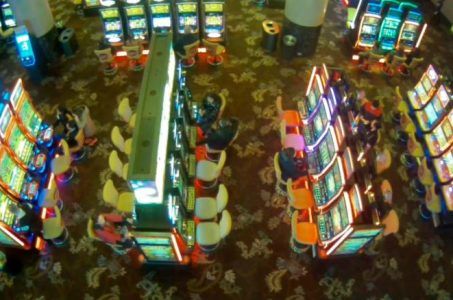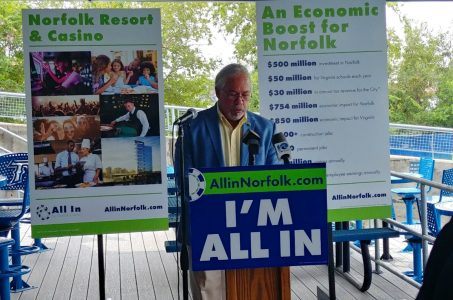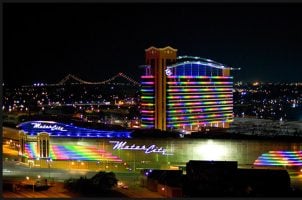Bags Stuffed with Cash at BC Casinos was Asian ‘Cultural’ Quirk, Claimed Regulator
Posted on: November 17, 2020, 08:45h.
Last updated on: November 17, 2020, 11:51h.
An inquiry into money laundering at British Columbia casinos has heard an astonishing allegation. The operator-regulator BC Lottery Corp once suggested that Asians appearing at gaming establishments with bags stuffed with cash was a “cultural” norm.

In an internal 2013 newsletter titled “Money Laundering? Not Really” by BCLC’s then-Vice President of Corporate Security and Compliance Brad Demarais, he explained that “some cultural groups … favour (sic) cash.” The implication is that it would be culturally insensitive for a BCLC investigator to inquire about the source of these funds.
The incident highlights the inadequacy of oversight between 2010 and 2015. That allowed the province’s casinos to become a “laundromat for organized crime,” in the words of one independent report into the matter commissioned by the provincial government.
Alternative Theory
The story was recounted to the Cullen Commission, which is examining historical money-laundering in the province, by ex-BCLC investigator Mike Hiller, who had a different theory about those bags of cash.
“My theory was these VIP players were provided cash by organized crime and they were simply being used as a vehicle to get rid of this money. Hiller testified.
I also believed the higher-level VIP players who were borrowing hundreds of thousands of dollars were repaying it to the organization in China,” he added.
He was right.
Although he didn’t know it at the time, Hiller was describing a money laundering model that was so rife in BC casinos it was dubbed “the Vancouver Model” by the international intelligence community.
Conflict of Interest?
The Cullen Commission is trying to ascertain whether the previous provincial government and the BCLC willfully ignored the money laundering problem to maximize revenues for the province.
As a state-owned company that runs around 40 casinos, community gaming centers, and bingo halls, critics say the BCLC’s regulatory role represents a conflict of interest.
Previously, the commission heard from another former BCLC investigator, Steven Beeksma, who said he had been told to “cut that sh*t out” by his superiors. That’s after questioning high rollers at the River Rock Casino about the source of their funds.
River Rock, the province’s biggest casino, has been identified as a former hotbed of money laundering. It was not uncommon for VIPs to present buy-ins of hundreds of thousands of dollars in low denomination bills stuffed into suitcases, boxes, and bags.
Last week, the former commander of BC’s Integrated Illegal Gaming Enforcement Team, Fred Pinnock, accused the Liberal government at the time of “willful blindness” in the face of rampant money laundering.
Pinnock’s unit was disbanded in 2009, leaving an “enforcement vacuum” in the province’s casinos.
Related News Articles
Norfolk Casino Ballot Referendum Campaign Underway, City and Tribe ‘All-In’
Most Popular
LOST VEGAS: The Foster Brooks Robot at MGM Grand
Bally’s Sets Date for Tropicana Las Vegas Implosion & Party
Most Commented
-
VEGAS MYTHS RE-BUSTED: You Don’t Have to Pay Resort Fees
— August 2, 2024 — 16 Comments -
VEGAS MYTHS RE-BUSTED: Elvis Was a Straight-Up Racist
— August 9, 2024 — 11 Comments -
ANTI-SOCIAL BEHAVIOR: Vegas Casino Buffet Stunt in Poor Taste Goes Viral
— August 16, 2024 — 7 Comments -
VEGAS MYTHS RE-BUSTED: The Strip Tried Appealing to Families and Failed
— August 23, 2024 — 7 Comments
















No comments yet